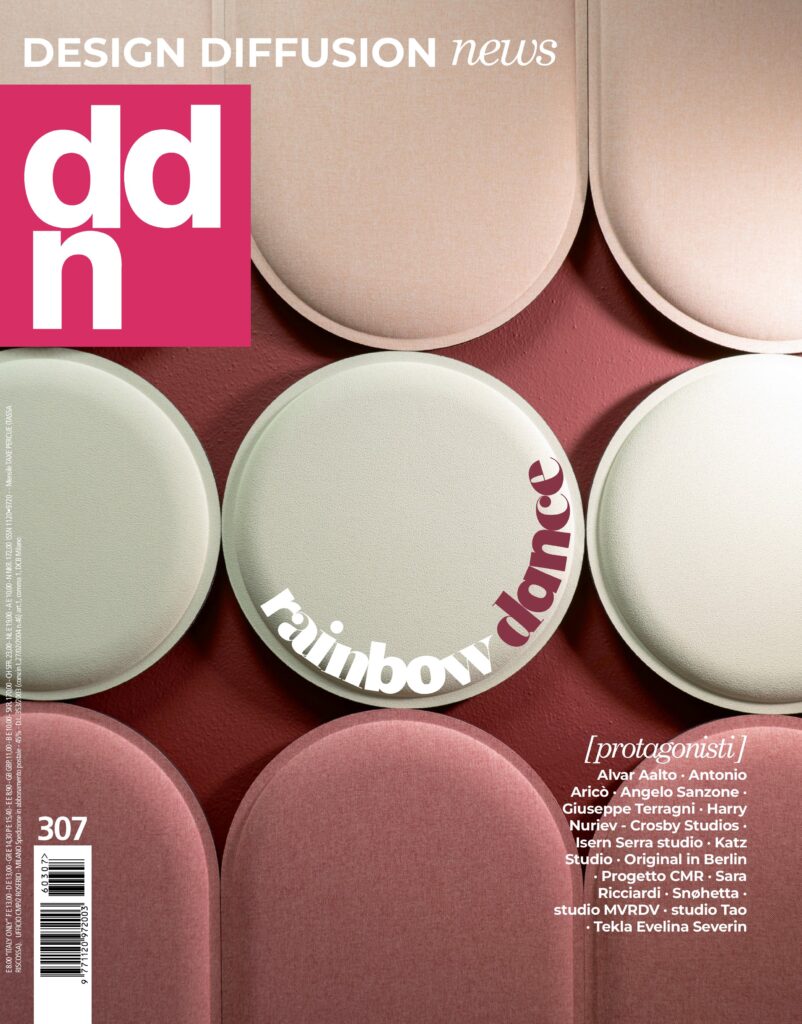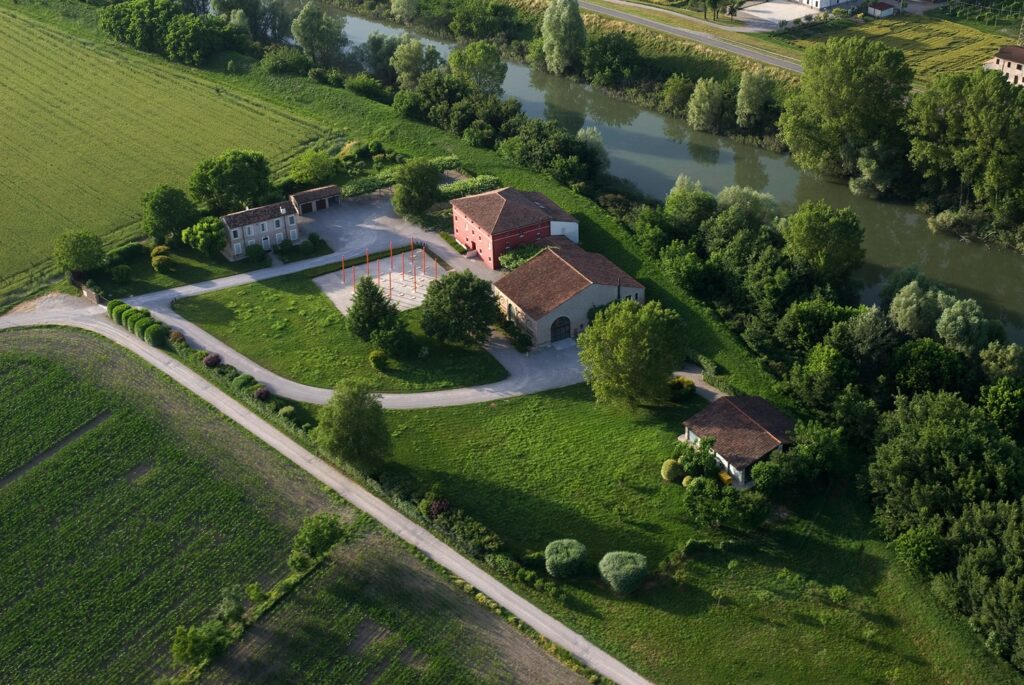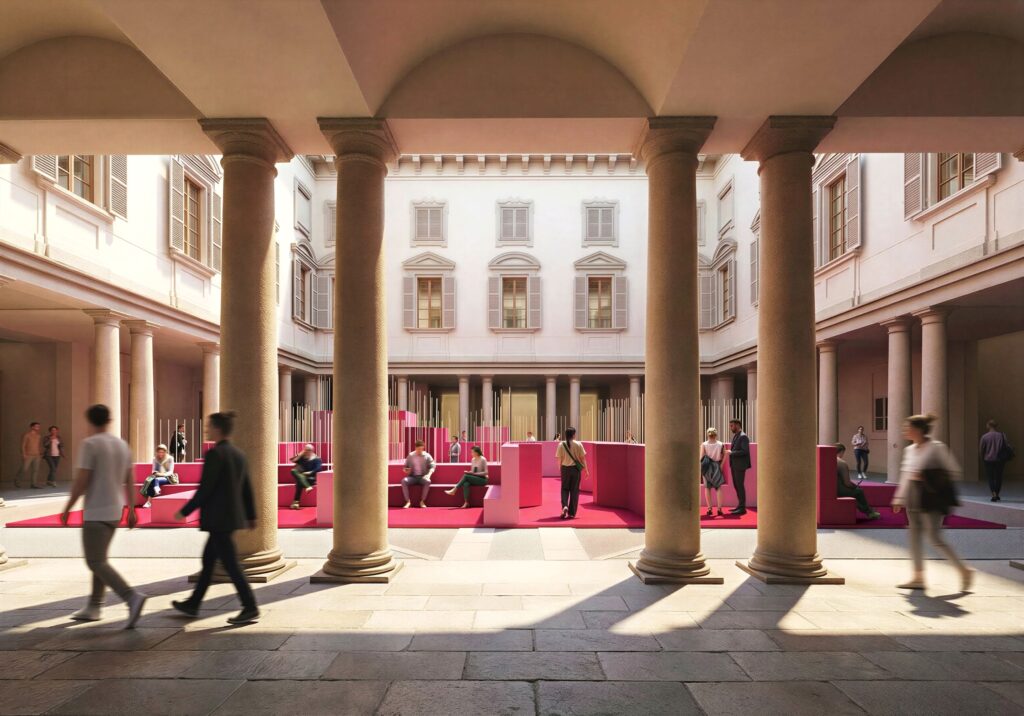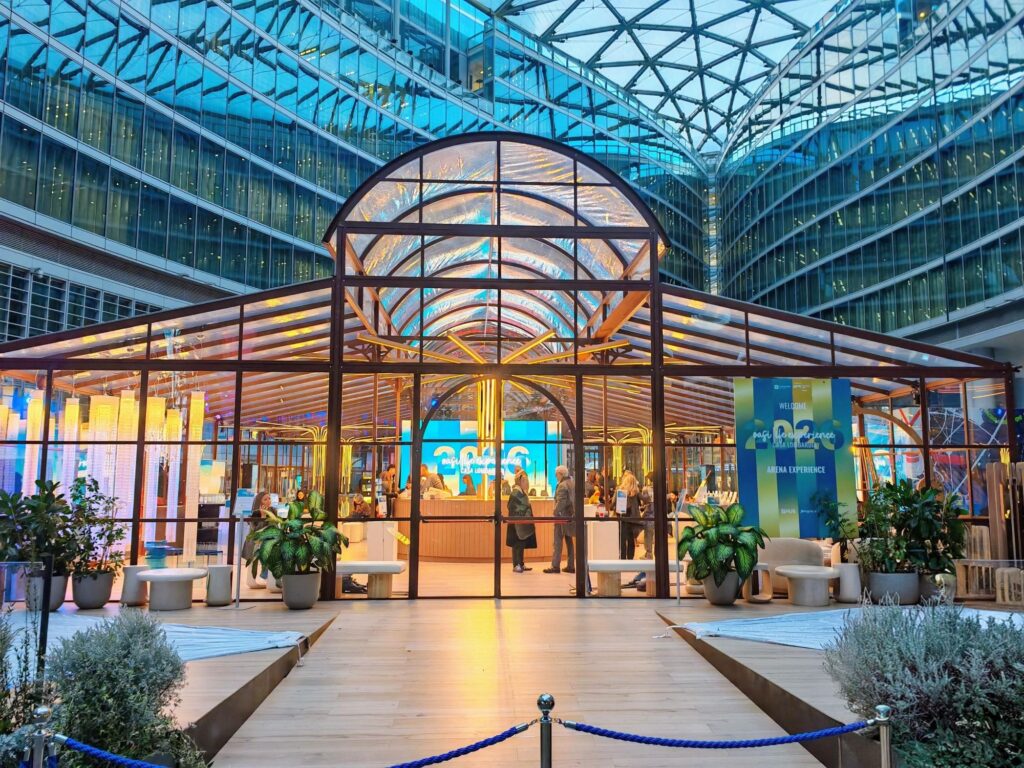The five laureates of the Global Award for Sustainable Architecture 2024 announced at the Iuav University of Venice
The Global Award for Sustainable Architecture, held under the patronage of UNESCO, was founded by architect and researcher Jana Revedin in 2006. Every year, it awards the best five architects who share the principles of sustainable development and a participatory architectural approach to societies’ needs. This year’s Official Partner was Saint-Gobain, global leader in sustainable construction.
ARCHITECTURE IS EDUCATION
This year’s theme was ARCHITECTURE IS EDUCATION. The winning projects stood out for their innovative educational approach, capable of thinking and practicing architecture differently, while promoting an ethical and responsible understanding of the profession among the new generations.
Jury and winners
The jury of the Global Award for Sustainable Architecture 2024 was composed of
- Prof. Dr. Jana Revedin, architect, École Spéciale d’Architecture Paris, France, Founding President of the Global Award for Sustainable Architecture™, Venice, Italy
- Marie-Hélène Contal, architect, Dean of École Spéciale d’Architecture, Paris, France
- Prof. Dr. Jacopo Galli, architect, Università Iuav di Venezia, Venice, Italy
- Prof. Dr. Spela Hudnik, architect, University of Ljubljana, Slovenia
- Prof. Dr. Deniz Incedayi, architect, Mimar Sinan Fine Arts University, Istanbul, Turkey
- Prof. Dr. Mette Ramsgaard Thomsen, architect, Royal Danish Academy, Copenhagen, Denmark (laureate of the 2023 GA)
- Prof. Xu Tiantian, architect, Tsinghua University, Beijing, China (laureate of the 2023 GA)
The laureates selected by the jury are
- Iyas Shahin and Wesam Al Asali, founders of the IWLAB laboratory (Syria)
- Andrés Jaque from the Office for Political Innovation, Dean of Columbia University School of Architecture (Spain/USA)
- Marina Tabassum, architect (Bangladesh)
- Ciro Pirondi, co-founder of L’Escola da Cidade (Brazil)
- Klaus K. Loenhart, architect and landscape architect and director of the Institute of Architecture and Landscape at TU Graz (Austria/Germany)
They all have a deep commitment to architectural innovation and place great importance on education and pedagogy. Their singular contributions work towards a more sustainable future and are attentive to the needs of an ever-changing society.
More info about the laureates of the Global Award for Sustainable Architecture 2024
IWLab
IIWLab is a multidisciplinary research laboratory founded in 2009 by architects Iyas Shahin and Wesam Al Asali, dedicated to the exploration, education, and practice of cultural and architectural design. With offices in Syria and Spain, they collaborate closely with students and fellow architects to develop a network of creatives with diverse and interdisciplinary skills.
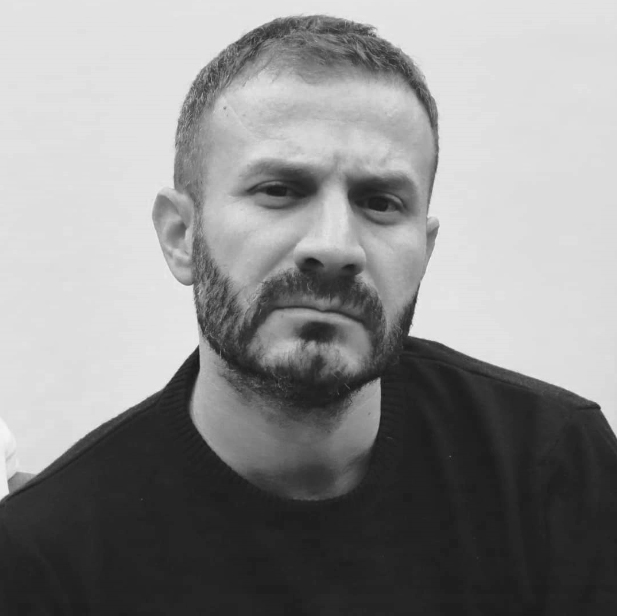
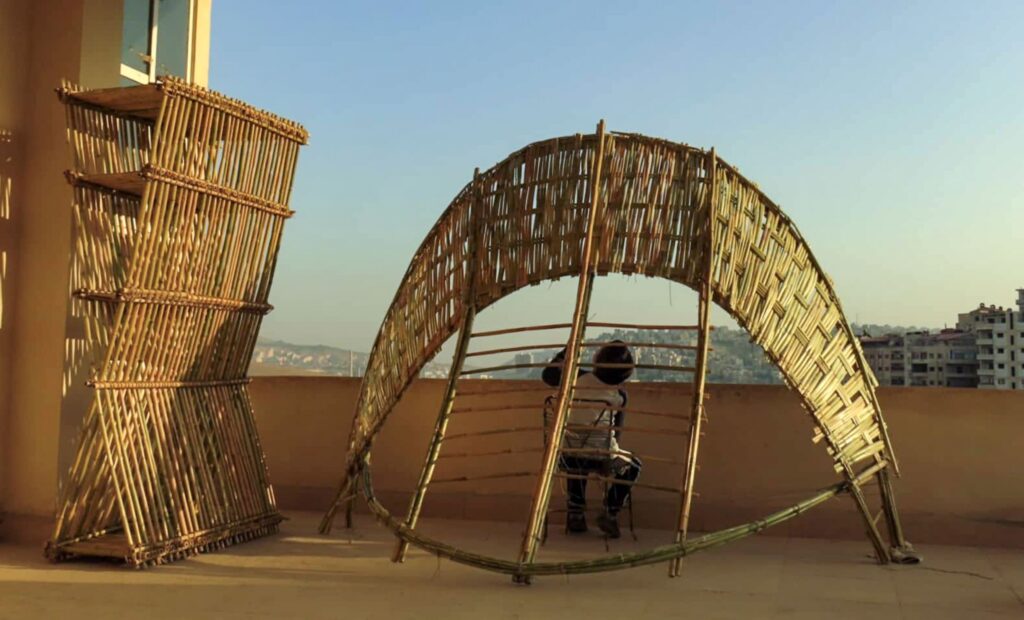
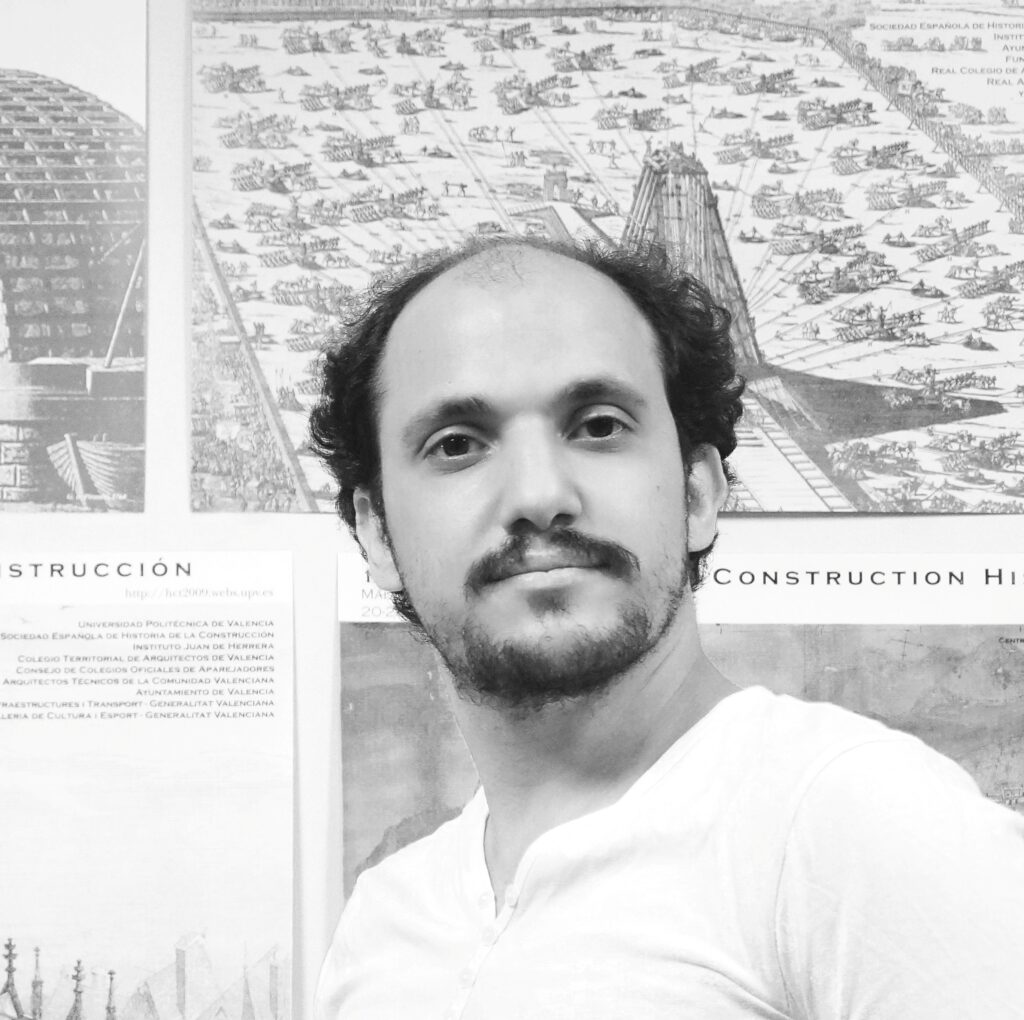
Initially founded in response to the lack of vitality in architectural practice in Syria and the Arab region, IWLab has become a pioneer in architecture, heritage, and urban studies within a socioeconomic context. Since 2009, the founders have recognized the importance of the city in its various forms, developing approaches to modernize traditional techniques and map informal urban areas.
Andrés Jaque
Andrés Jaque founded the Office for Political Innovation (OFFPOLINN) in 2003 after meeting the French philosopher Bruno Latour. According to Latour, architects are critical actors in the fight for social justice, as access to decent housing is now the key parameter of equity. According to him, architects must question inhabited space’s ecological and political factors: How can progress and democracy be advanced? How do we shape struggles for equality in the urban context?
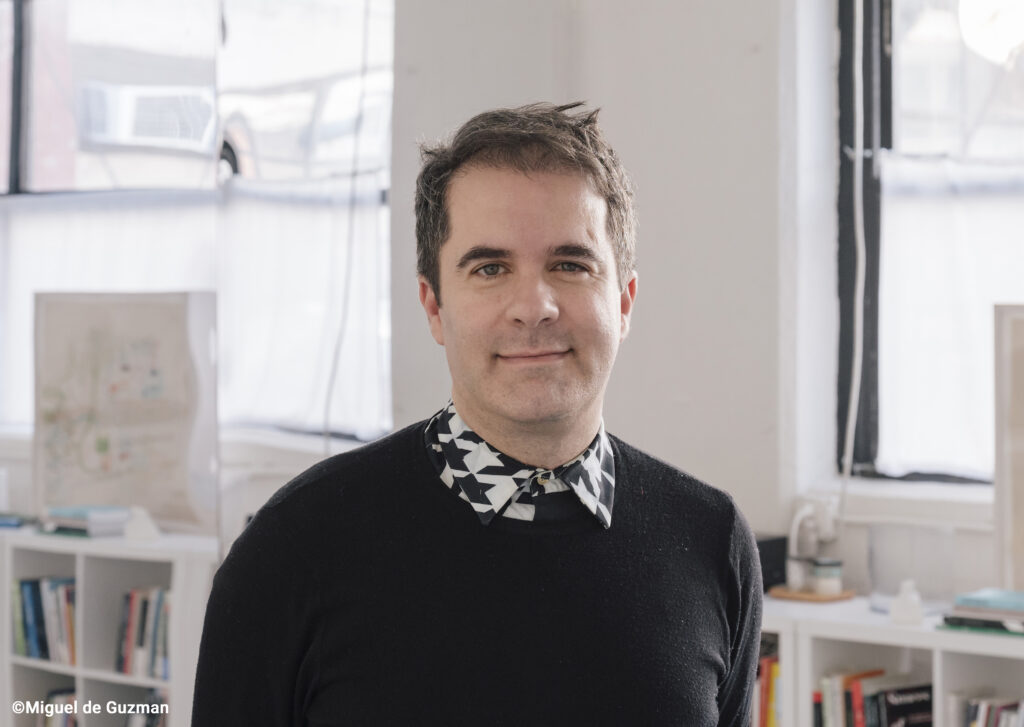
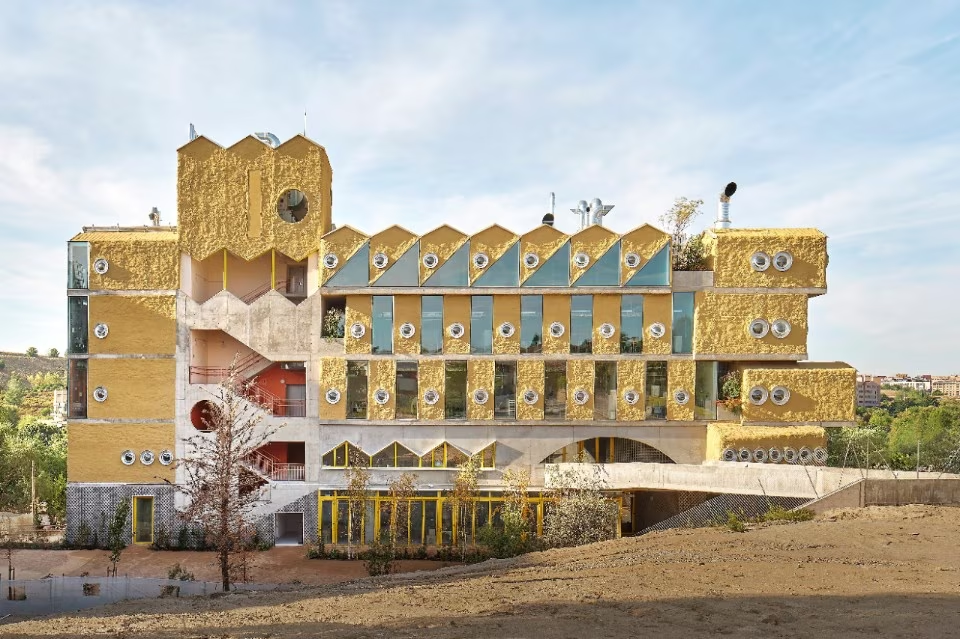
OFFPOLINN’s work addresses these questions by combining design, research, and activism and by challenging the mechanisms through which architecture plays a role in exclusion. For the practice, collaboration is not just about sharing architectural outcomes but also actively engaging with diverse communities, creating spaces for attentive listening and collective action.
Marina Tabassum
Marina Tabassum is an architect, educator, and community empowerment project leader, uniquely blurring the boundaries between learning, action, and teaching. These projects bring together experts, students, and residents to find models to improve the living conditions for all. It is no coincidence that Marina Tabassum has created a specific tool, the Foundation for Architecture and Community Equity (FACE), to carry out these projects.
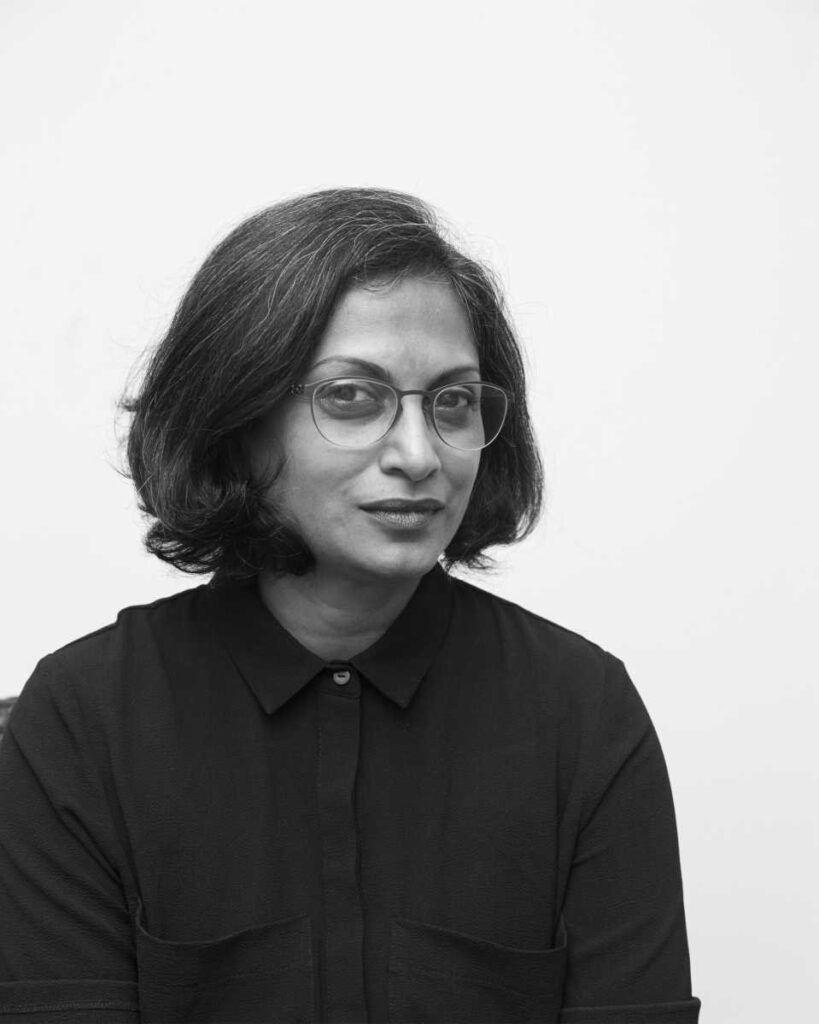
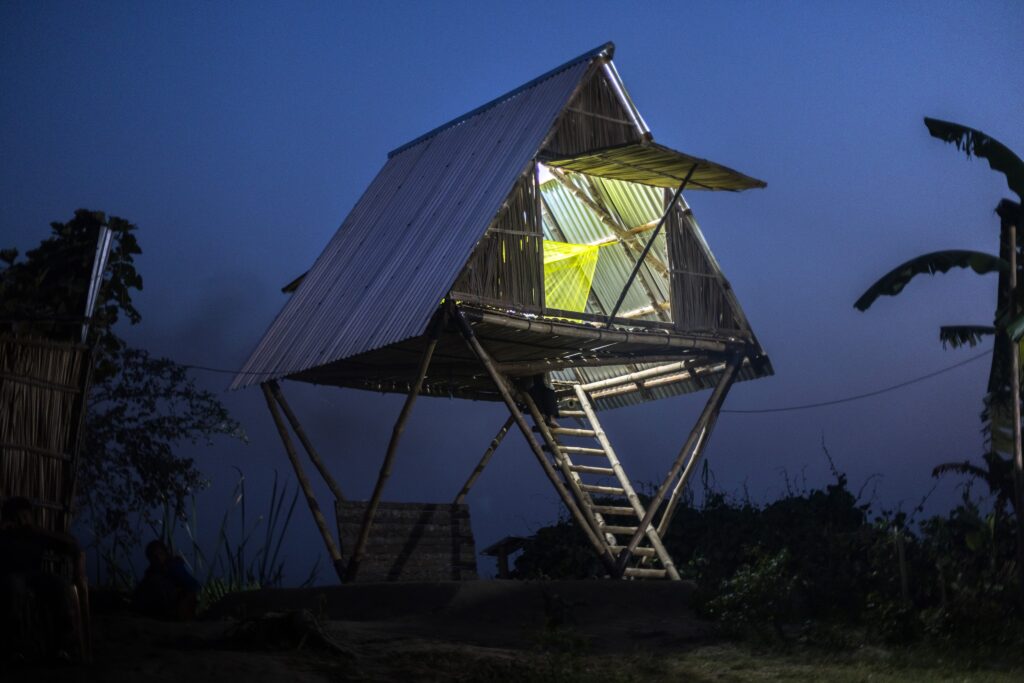
Today’s most committed architects in the development of equitable mass housing have also understood that this issue requires an alternative economic model to the usual activity of architecture.
Ciro Pirondi
Co-founder and former director of Escola da Cidade, São Paulo, which, with its educational program, embodies the educational goals of the Global Award for Sustainable Architecture through its interdisciplinary approach, influenced by the Brazilian revolutionary educator Paulo Freire. Escola da Cidade began admitting students in 2002. It was founded by Associação Escola da Cidade – Arquitetura e Urbanismo (AEC), an association of intellectuals, architects, artists, and technicians with a non-bureaucratic operational structure and democratic and financially autonomous management, which turned away from solely training architects to focus on profitability in real estate.
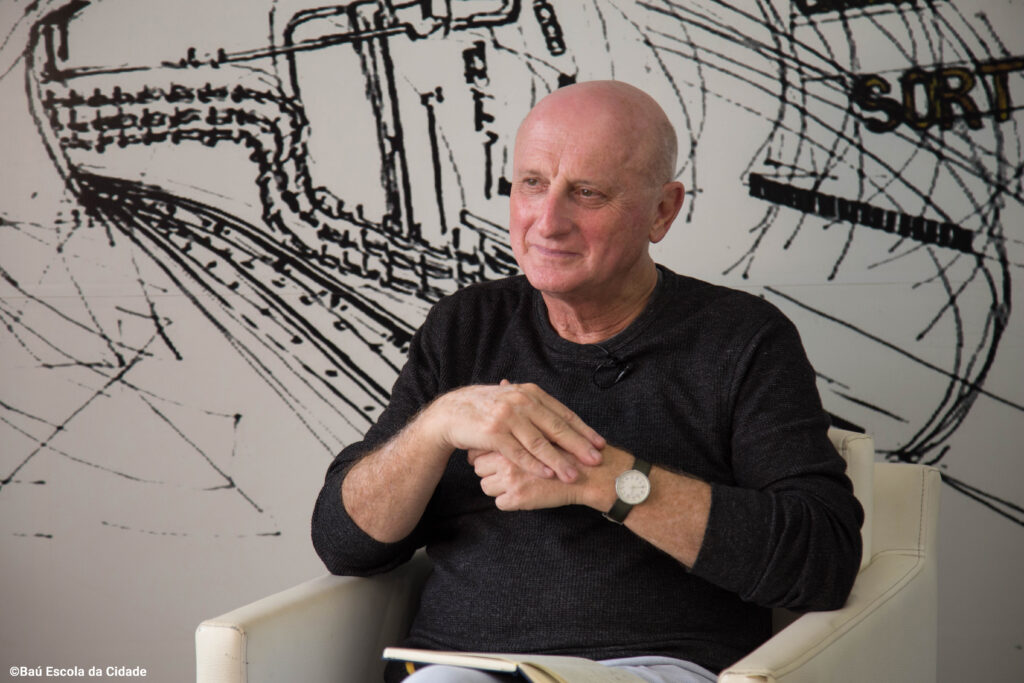
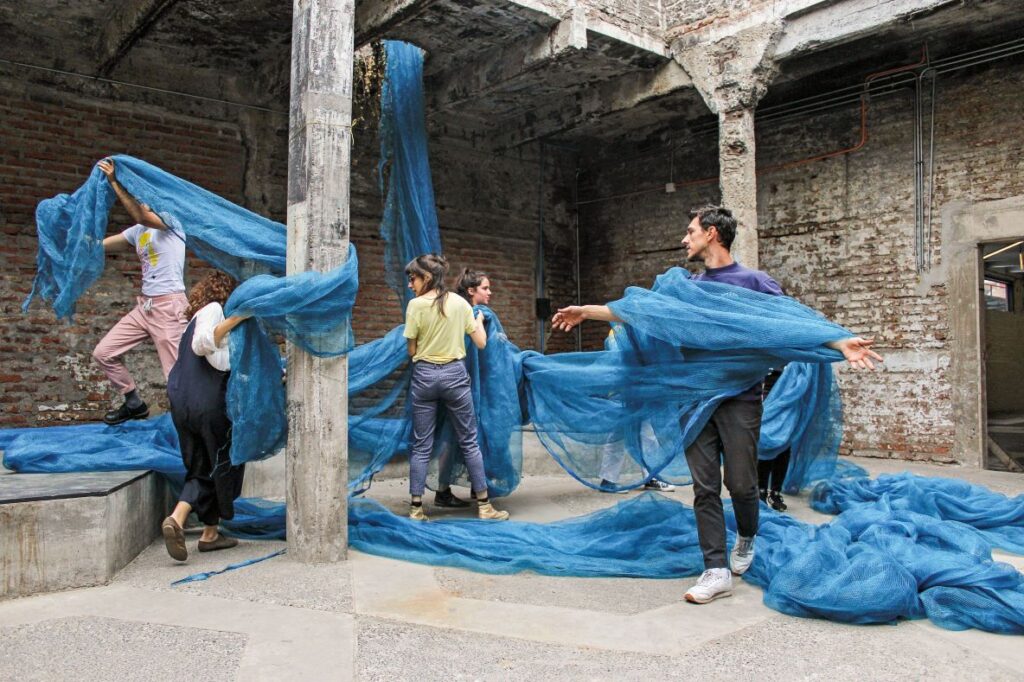
Professor Helena Cavalheiro coordinates a workshop with students during the 21st
Biennale of Architecture and Urbanism of Chile.
Ph: Fernanda Teixeira
Klaus K. Loenhart
Director of the IA&L – Institute of Architecture and Landscape at TU Graz, eco-innovator Klaus K. Loenhart experiments with and teaches a new generation of bioclimatic architecture to reconceptualize the engagement between living planetary ecosystems and human activity. According to him, the architect’s role is to design eco-buildings and facilitate transformative co-creation processes between ecological agents and human activities.
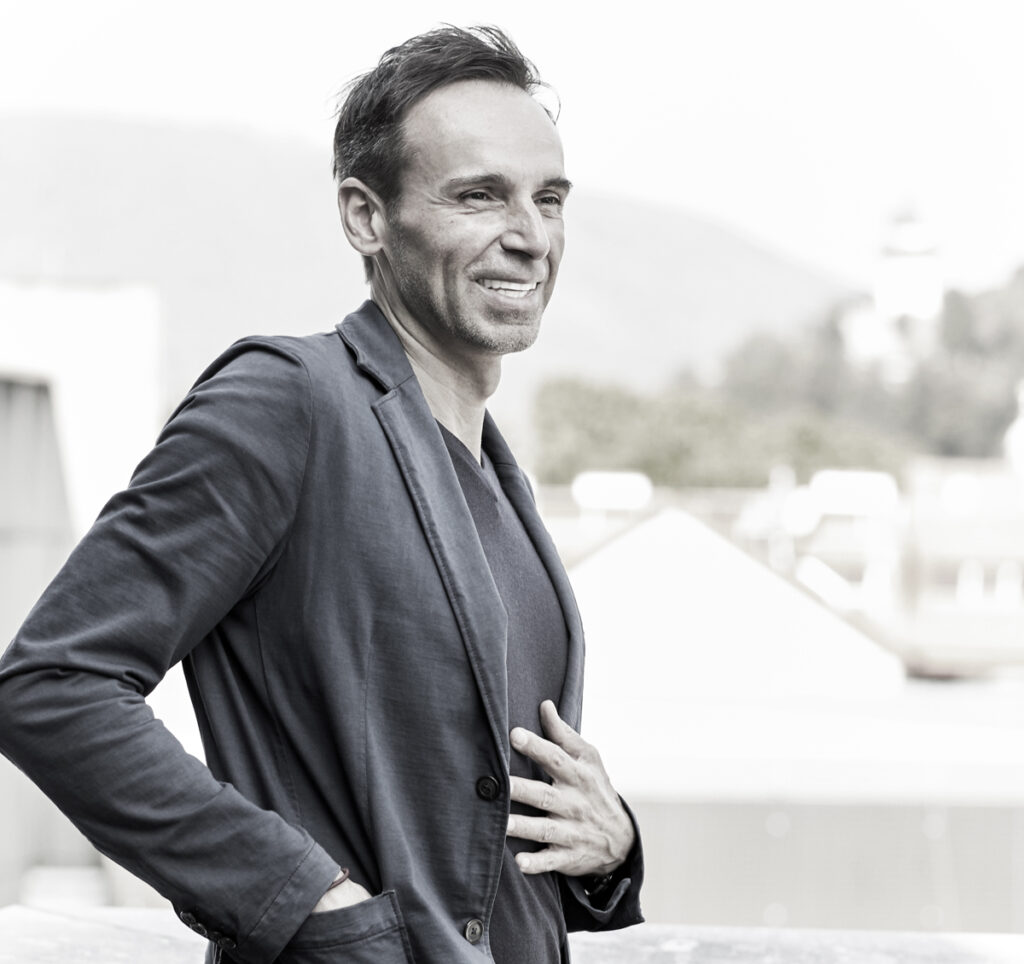
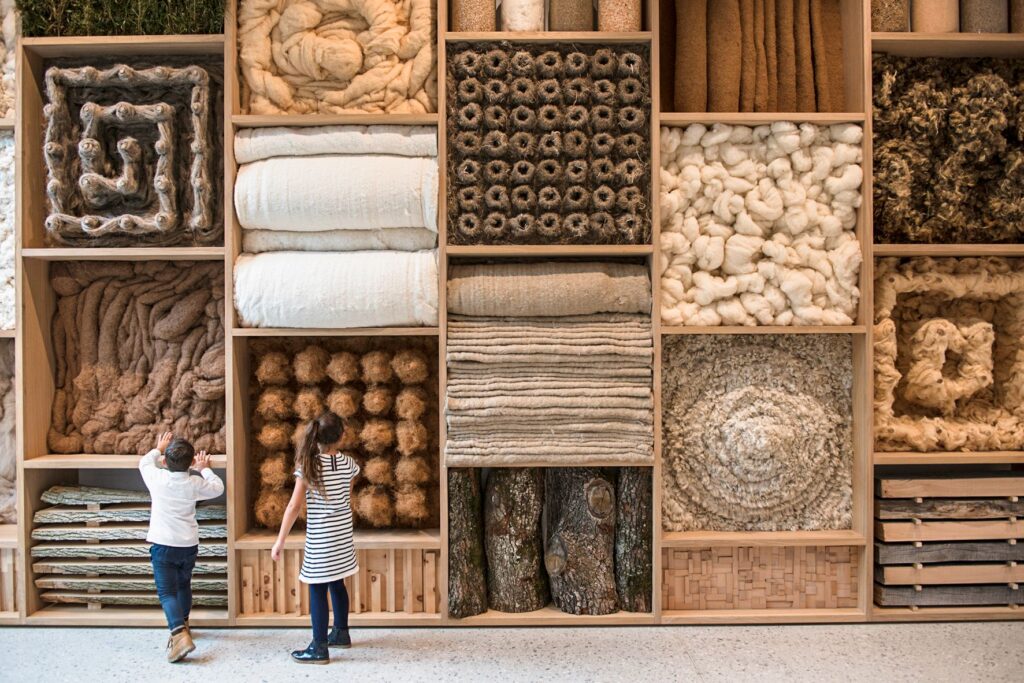
Ph: Jan Schuenke
To reduce energy consumption and increase well-being, Loenhart explores, with his LandLab at the Graz University of Technology, the cocreation of an architecture that, in the face of climate deregulation, could regenerate biodiversity and improve the health of all lives through a societal design practice based on ecology.








